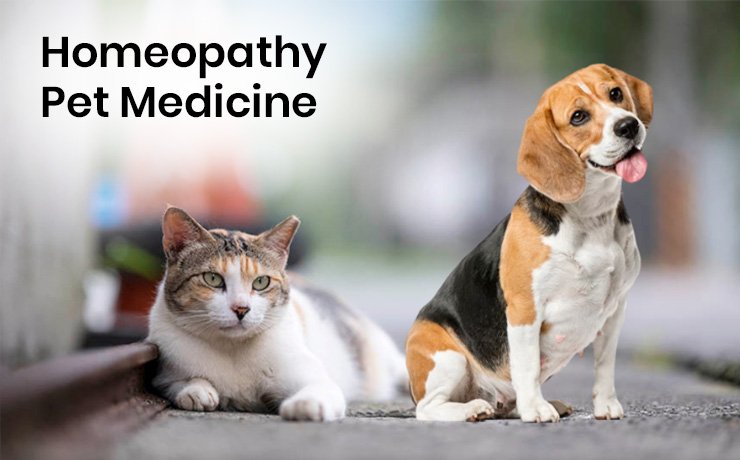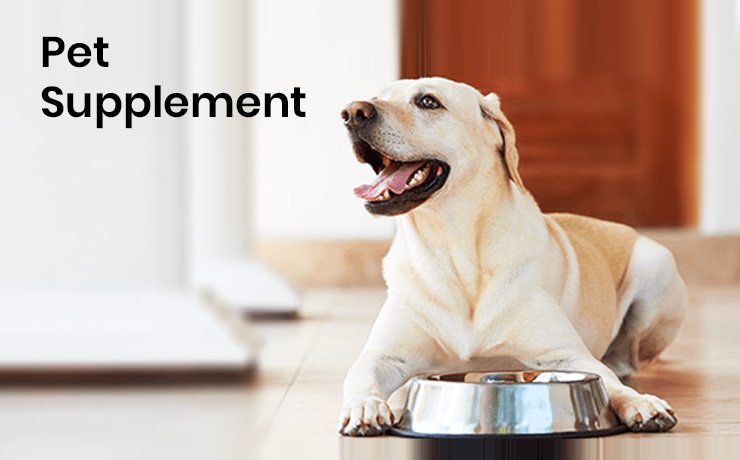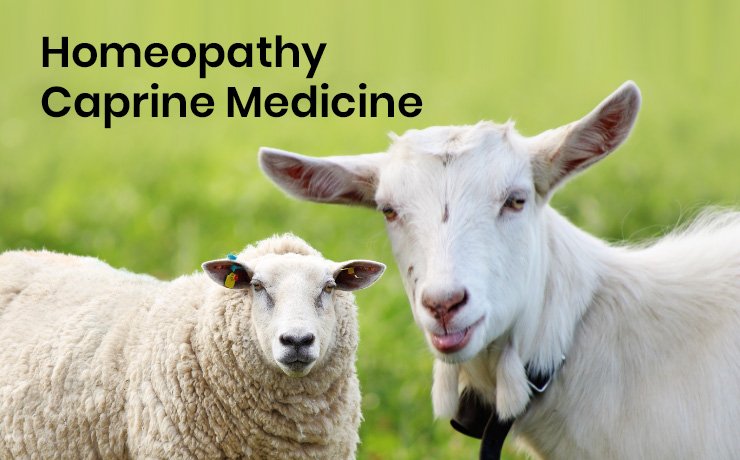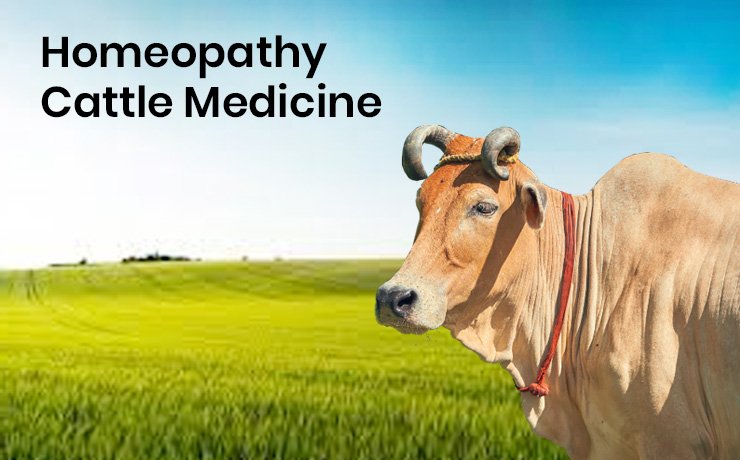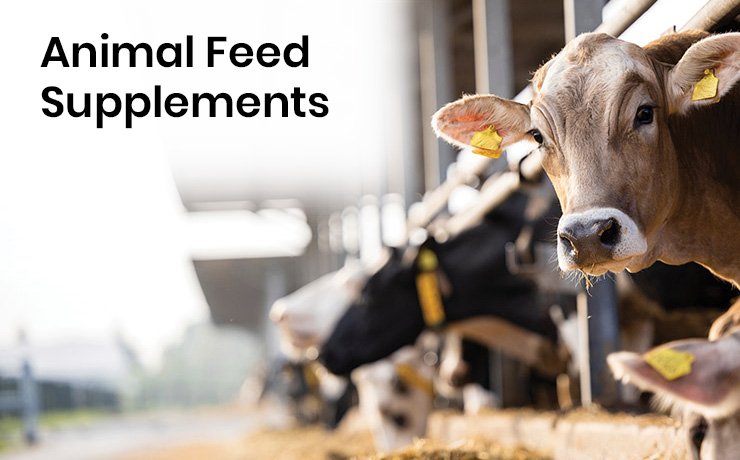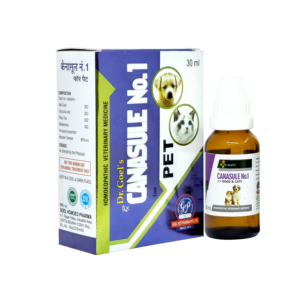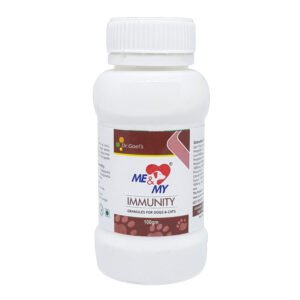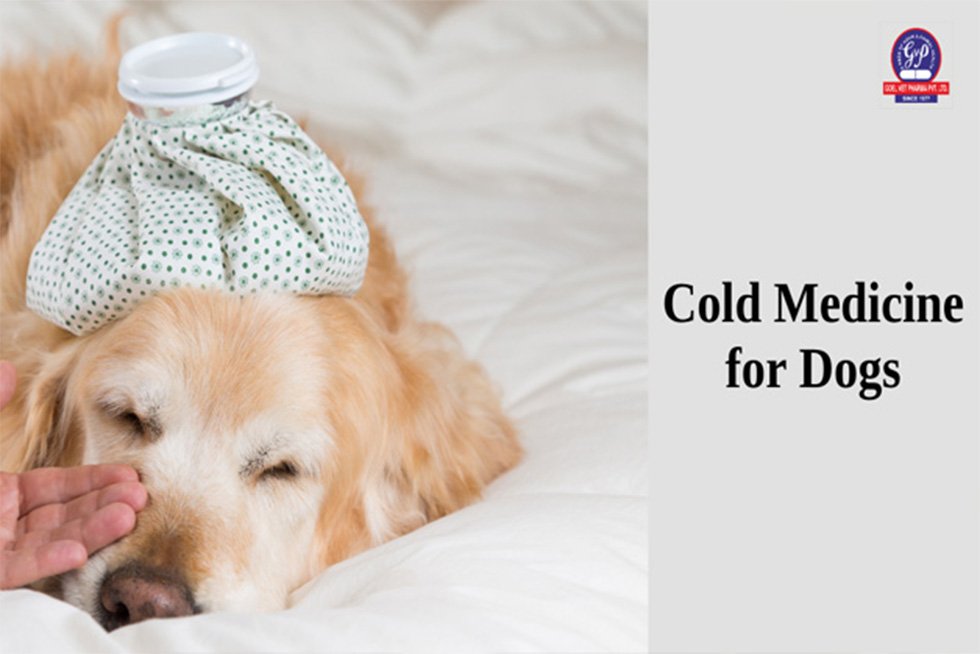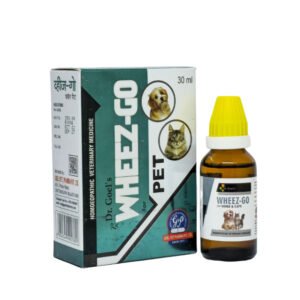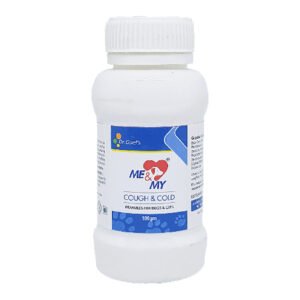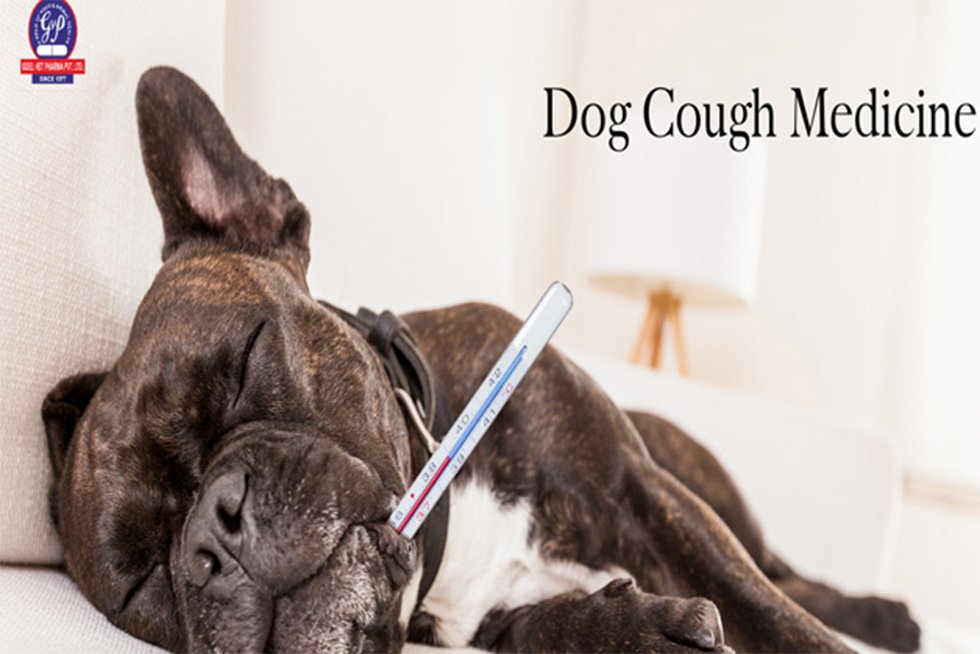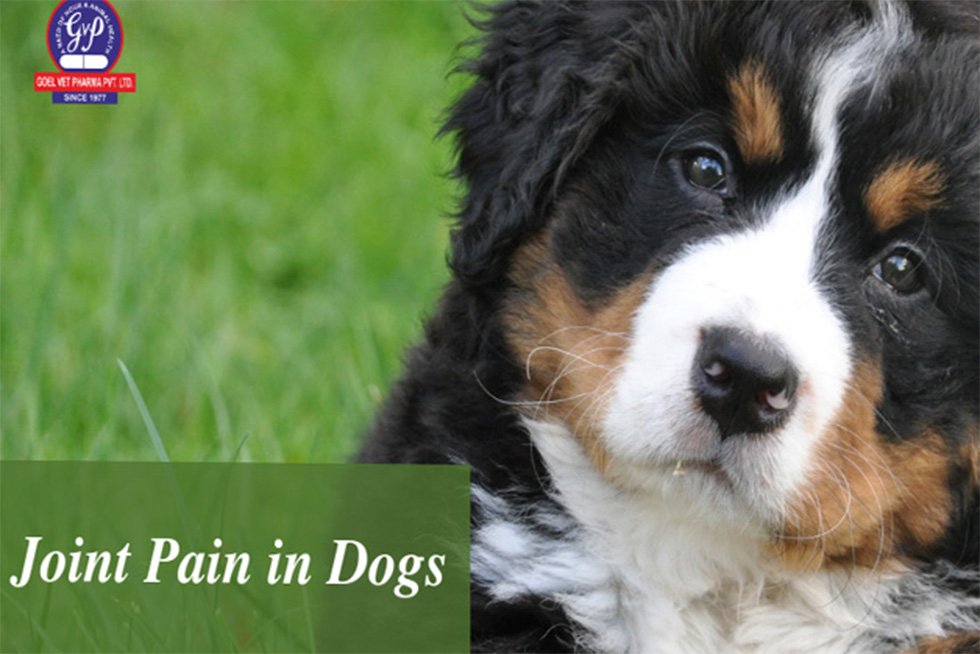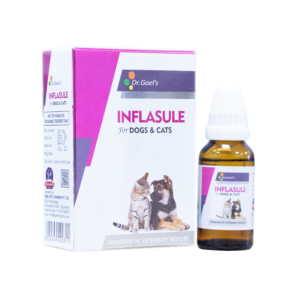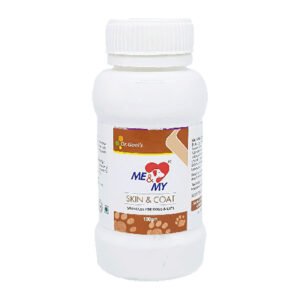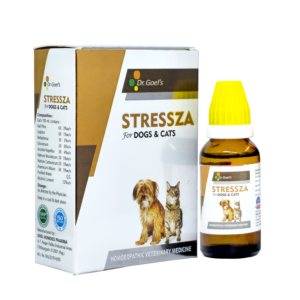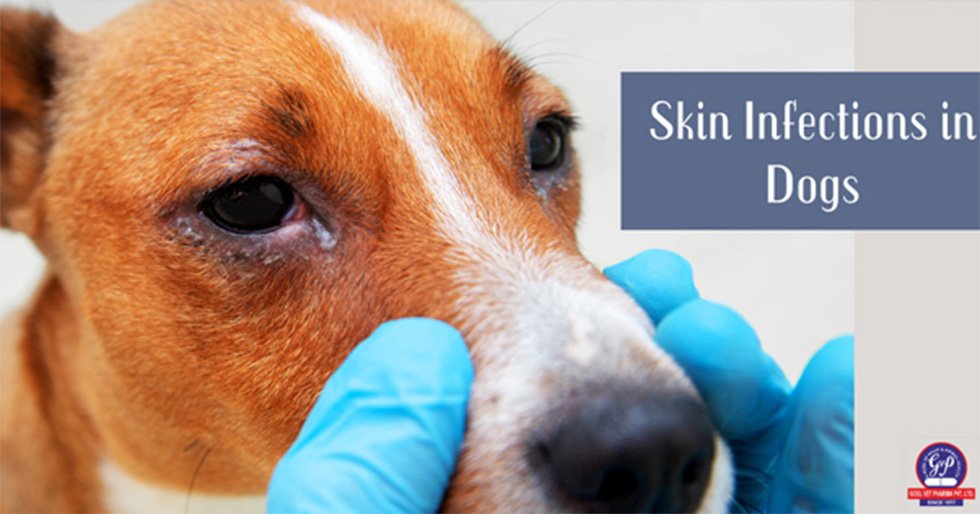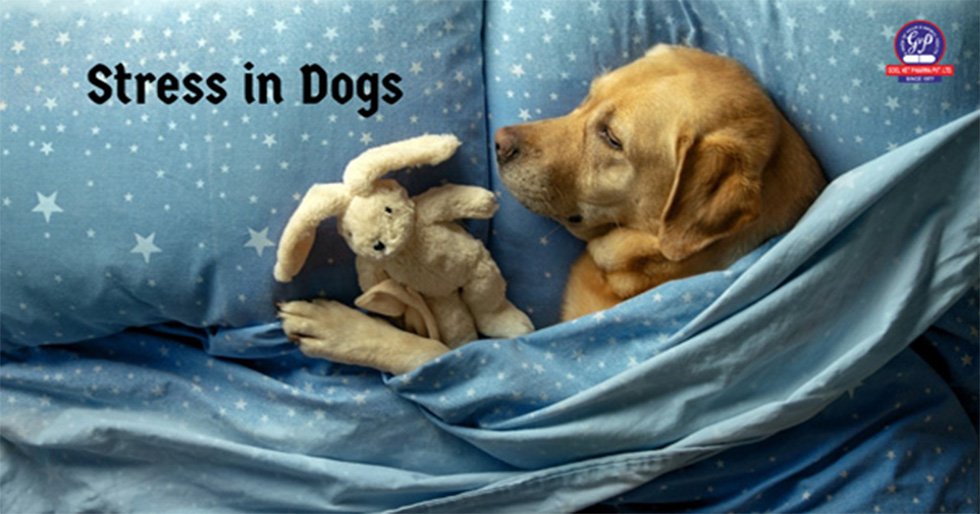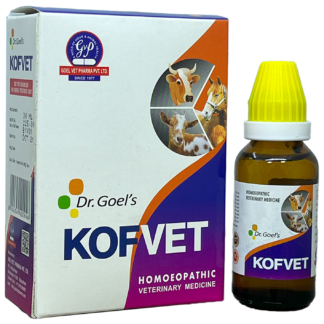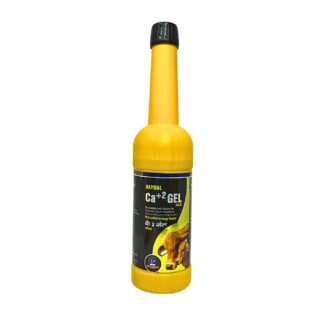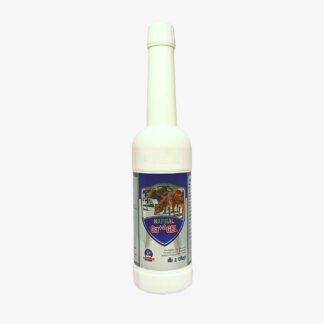Cold Weather, Resilient Paws: Immunity Boosters for Dogs | Me & My IMMUNITY
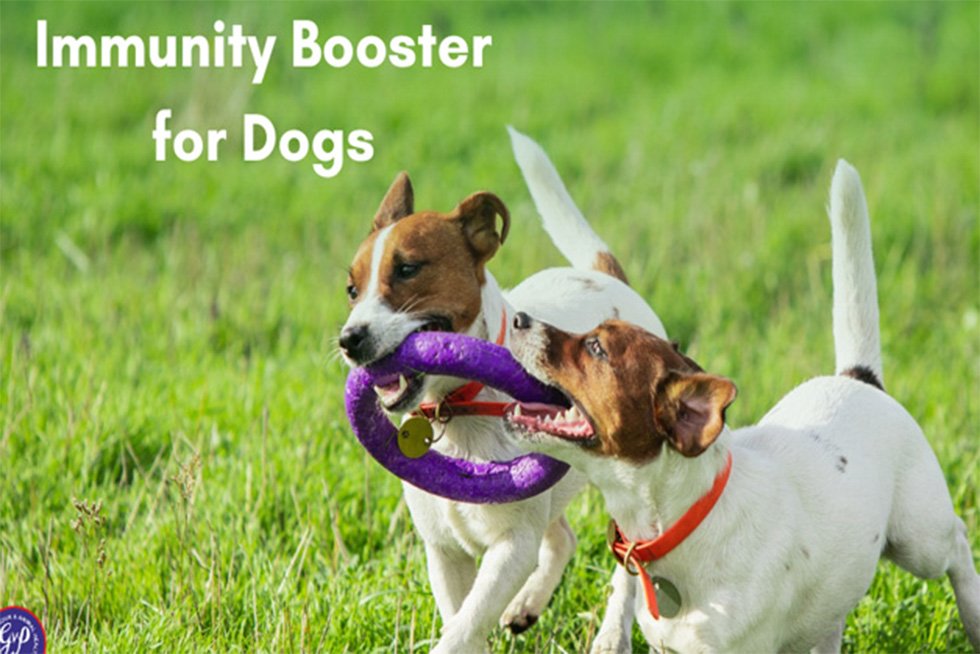
Cold weather and winters may be enchanting and exciting, transforming the landscape into a gleaming wonderland of frost and snow. There’s something appealing about wrapping up in layers of warm clothing, donning scarves and mittens, and sipping steamy cups of hot cocoa. The arrival of winter heralds a time for holidays, celebrations, and the opportunity to partake in activities that only this season can provide. The tranquil beauty of a white-blanketed landscape inspires poets, artists, and dreamers alike. Keep your canine companion in top shape with our Immunity Booster for Dogs, packed with essential vitamins and nutrients to strengthen their natural defences against illnesses. As the world slows down in the embrace of winter, there is an opportunity to think, revitalize, and appreciate life’s basic joys.
While many are enthralled by winter’s allure, it’s crucial to be aware of any potential negative impact it may have on our canine companions’ health and wellbeing. Dogs’ immune systems can be vulnerable to the cold weather’s severe conditions. It’s important to think about the welfare of our canine friends, just as we take steps to protect ourselves during the colder months. The effect that cold weather can have on a dog’s immunity is one of the main issues. Similar to people, dogs can become more prone to disease in colder climates due to a reduced functioning of the immune system. Let’s explore the sophisticated realm of the guardians that protects our bodies from every harm, the immune system.
HERE'S A QUICK FAQ GUIDE ON IMMUNE SYSTEM AND IMMUNITY-
First things first- what is the immune system?
Knowing how the immune system works in dogs is like discovering a superhero squad fighting off invisible foes inside their bodies. Think of the body of your dog as a fortress with high walls and guards. The guards’ duty is to keep the castle secure from intruders, which are analogous to germs and other harmful elements that can make your dog ill. The guards are like the immune system.
So, what is Immunity?
Okay, let’s simplify it! Immunity aids in your dog’s health like a superpower. Your dog has its own unique skills to stay strong and repel any potential threats, just like you have a ton of cool tools and talents at your disposal.
The Immune System Heroes: Meet the heroes of your dog’s immune system- white blood cells. These little warriors are like the guardians of the body, always on the lookout for trouble. They’re like the knights in shining Armor, defending the castle walls from invaders. When they spot any germs or bad guys, they go into action mode!

But, how does Immunity Work?
Imagine germs as tiny, invisible enemies trying to sneak into your dog’s body. They can make your dog feel sick if they’re not stopped. But don’t worry, the immune system is here to save the day! White blood cells have special sensors that can recognize these bad guys. When they find them, it’s like an alarm goes off, and the immune system sends out more warriors to fight.
The Special Weapons are antibodies: Let’s now discuss antibodies. White blood cells employ them as though they were magical swords to slash at pathogens. Similar to how a key fits a lock, they are specifically designed to match particular bacteria. White blood cells are instructed to assault the germ when antibodies attach to it and detect it. When it comes to your dog’s well-being, trust our Immunity Booster for Dogs to provide the extra layer of protection they need, especially during changing seasons or stressful times. This aids the immune system in identifying harmful microbes.
Keeping in mind the Bad Guys: The immune system’s memory is among its coolest features. The immune system remembers the enemies it has faced in the past, just like you remember your friend’s face. This is why sometimes when you get sick, you don’t get sick from the same thing again. Your immune system says, “Oh no you don’t! I remember you!” and fights off the germs faster.

WINTERS AND IMMUNITY: ROLLER COASTER RIDE.
The immune system, a unique defence system found in all living things, is crucial in defending the body against dangerous intruders. An army of proteins and cells make up this complex system, which works nonstop to identify and fend off pathogens to keep us healthy. The immune system, like a rollercoaster, can suffer ups and downs, especially during the chilly winter months, especially in our devoted canine companions. Enhance your dog’s vitality and resilience with our Immunity Booster for Dogs, a trusted choice among pet owners who prioritize their four-legged family members’ health. The immune system of dogs can occasionally suffer a little in the winter. This ebb and flow is influenced by a number of factors:
- The cool impact: Dogs can experience the impacts of the cool weather just like people can. The immune system may become less effective at fighting off pathogens as a result of the reduction in body temperature because it takes longer to react to invaders.
- Winter time inside lifestyle: Due to the weather, dogs may spend more time indoors. This shift in lifestyle may result in less physical activity and exercise, which are essential for preserving a robust immune system.
- Sunnyside out: shorter daylight hours translate to reduced exposure to sunlight. Vitamin D, which has a role in enhancing immune function, is produced by the body with the help of sunlight. The immune system’s performance may be impacted by the lack of sunlight.
- Dry Air and Irritation: The dry air of winter can aggravate a dog’s respiratory ailments. The immune system’s capacity to fight off infections may be compromised by this discomfort.
- Change in Diet: During the winter holidays, dogs’ diets frequently change and include special treats. Although these delicacies are delicious, overindulging might disturb the equilibrium of the immune system. In colder temperatures, dogs might not feel as thirsty, which would result in less water consumption.
- Routine shifts: Wintertime changes in routine, such as holidays and family gatherings, can cause stress. While delightful, these changes can occasionally stress dogs out, and stress can impair the immune system.
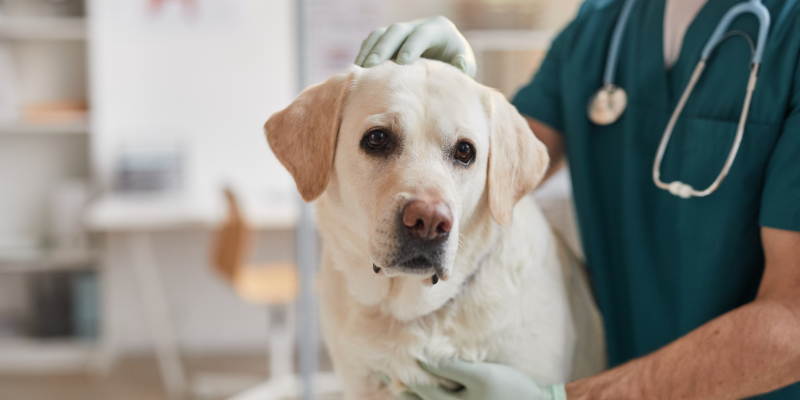
HELPING IMMUNITY PICK UP PACE
It’s not all doom and gloom, though! During the ups and downs of the winter, there are ways to strengthen a dog’s immune system:
- A balanced diet is important for maintaining general health, which includes the immune system.
- Indoor Play time- Dogs’ immune systems are supported when they participate in indoor games and activities that keep them intellectually and physically active.
- Visits to the vet on a regular basis help to check a dog’s health and identify any problems early. To provide your pet additional protection against common diseases, make sure your pets’ vaccines are up to date.
- Giving dogs a warm, comfortable place to live keeps them from getting sick from the cold.
- Talk to your veterinarian about giving your pets’ vitamins, such as vitamin D, to support immunological function over the winter.
- Me and My immune Granules, a homeopathic treatment, can help pets develop their immune system.
While holiday goodies are fun, it’s important to establish a balance and avoid taxing the immune system too much. Chocolates and other human food products are particularly toxic to dogs. Before giving your pet a mouthful of any risky holiday food delights, please read more about them
A chapter in the wider narrative of nature’s cadence is the allure of winter. Its charm and enjoyment give us a place to savour the joy of the occasion while creating lifelong memories. However, we must be aware of the potential threats that cold weather brings to our pets’ immunity as good stewards of their health. Give your pup the best chance at a long and vibrant life – try our Immunity Booster for Dogs today and watch them thrive with a strengthened immune system. We may create a season that is full of magic and prioritize our pet dogs’ health by finding a harmonious balance between enjoying the pleasures of winter and making sure their health is 10/10. By doing this, we honor the spirit of winter and promote the well-being of our cherished pets.
HOMEOPATHIC REMEDY FOR IMMUNITY BOOSTER
CANASULE No.1 IMMUNITY BOOSTER for PUPS & KITTENS
ME AND MY IMMUNITY SUPPLEMENT FOR DOGS AND CATS
Check out : – PYROFINE for PETS 20ML
Check out : – SEPTAFINE DROPS for PETS 30ML
 Australian Shepherd
Australian Shepherd Beagle
Beagle Belgium Shepherd
Belgium Shepherd Bernese Mountain Dog
Bernese Mountain Dog Border Collie
Border Collie Boxer
Boxer Bulldog
Bulldog Cavalier King Charles Spaniel
Cavalier King Charles Spaniel Chihuahua
Chihuahua Cocker Spaniel
Cocker Spaniel Dachshund
Dachshund Doberman Pinscher
Doberman Pinscher Dogo Argentino
Dogo Argentino French Bulldog
French Bulldog German Shepherd
German Shepherd Golden Retriever
Golden Retriever Great Dane
Great Dane Himalayan Shepherd
Himalayan Shepherd Indie Dogs
Indie Dogs Labrador Retriever
Labrador Retriever Pakistani Bully
Pakistani Bully Pembroke Welsh Corgi
Pembroke Welsh Corgi Pitbull
Pitbull Pomeranian
Pomeranian Poodle
Poodle Pug
Pug Rottweiler
Rottweiler Shih Tzu
Shih Tzu Siberian Husky
Siberian Husky Yorkshire Terrier
Yorkshire Terrier Abyssinian
Abyssinian American Bobtail
American Bobtail American Shorthair
American Shorthair Balinese Cat
Balinese Cat Bengal Cat
Bengal Cat Birman
Birman Bombay Cat
Bombay Cat British Longhair
British Longhair British Shorthair
British Shorthair Burmese Cat
Burmese Cat Devon Rex
Devon Rex Exotic Shorthair
Exotic Shorthair Himalayan Cat
Himalayan Cat Maine Coon
Maine Coon Oriental Shorthair
Oriental Shorthair Persian Cats
Persian Cats Ragdoll
Ragdoll Scottish Fold
Scottish Fold Siamese Cat
Siamese Cat Siberian Cat
Siberian Cat Sphynx Cat
Sphynx Cat



















